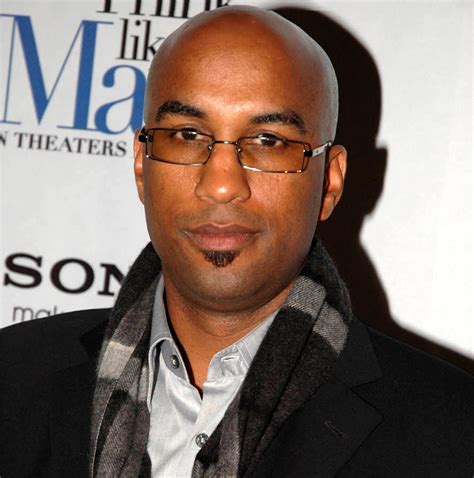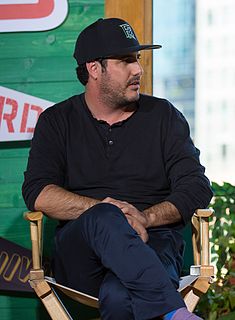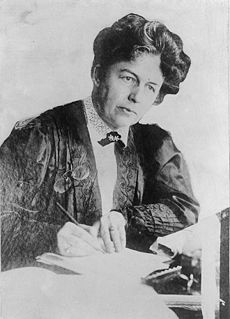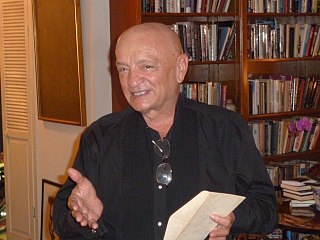A Quote by Daniel Stamm
If we had a completely found footage feel, with no editing, then we would have a twenty four hour movie and that doesn't really work either.
Related Quotes
There was no actually stock footage in "Medium Cool." I wrote the script. I wrote the riots. And I integrated the actors in the film in the park during the demonstrations. But nowhere was it like we had stock footage and then later, in editing, integrated it into the film. It was all done at the time.
A perfect movie is a different thing, but a funny movie is easy. I was really happy that I got everyone that I got. Everybody got to play to their strengths and was paired up in the right scenarios. It was very fortunate. It was exciting, the whole process. It makes more difficulty in editing 'cause there's more footage, but the guy I had handle it was a documentarian editor for a long time, so it was very useful.
When I'm editing, I tend to cut, go back over it, cut, go back over it, cut, so by the time I'm done, even with a cut, I don't have a rough cut and then work on it so much. I have a pretty rigorous cut of the movie that's usually in the range of what the final movie is going to be. It doesn't mean I don't work on it a lot after that, but I get it into a shape so I feel I can really tell what it needs, or at least it's ready to show people.
Over time it just got more and more intense as far as the trust factor. For example, when we started editing the film [Dream of Life], I thought, man, I need to make sense of all the footage I have; I need to ground the film. And one day I was hanging out in Patti's [Smith] bedroom, which is where Patti works, and in the corner of her bedroom is this great chair, and that's when she began showing her personal things to me. The camera was there, and we realized that we were really making the movie and making sense of the footage in the movie.
I think what's exciting about doing it as found footage - if we all are being honest, found footage gets a little bit of a bad rap sometimes, but I think that there's a lot of potential in the medium in taking it seriously and in treating the audience with respect and in treating the characters with respect in terms of, why is the camera really on? Where would the camera be when it is on?
During the preproduction when I'm shooting and then once we wrap we go away. And then the visual effects guys take over. And then they add all those little bits and pieces. They come up with ideas during the cut in the editing, and they said while would be really cool if we did this thing here where the blade pops out. So then you see the movie and say wow that's a really neat idea. I wish we would have thought of that.
I watched a lot of movies from all over the world. The Russians were very good at editing. They were specialists in editing. The Man with a Camera, if you know that movie, is incredible. I still don't understand how it works. It's a movie with no script, no actors and still it works. It's really good. It's really about editing.
Writing is so... I don't know, it's such a practice, and I feel very unpracticed in it, because I'm not doing it every day. And I really need to do it every day. In other words, you spend all this time writing a movie, and then you stop, and then you're shooting the movie, and then you're cutting, and a year and a half goes by, because in the editing room, you're not writing.
You must stop editing--or you'll never finish anything. Begin with a time-management decision that indicates when the editing is to be finished: the deadline from which you construct your revisionary agenda. Ask yourself, 'How much editing time is this project worth?' Then allow yourself that time. If it's a 1,000-word newspaper article, it's worth editing for an hour or two. Allow yourself no more. Do all the editing you want, but decide that the article will go out at the end of the allotted time, in the form it then possesses.




































